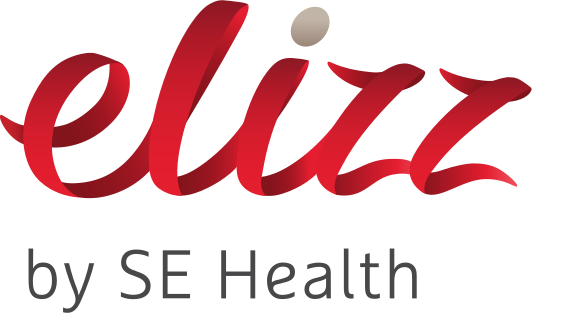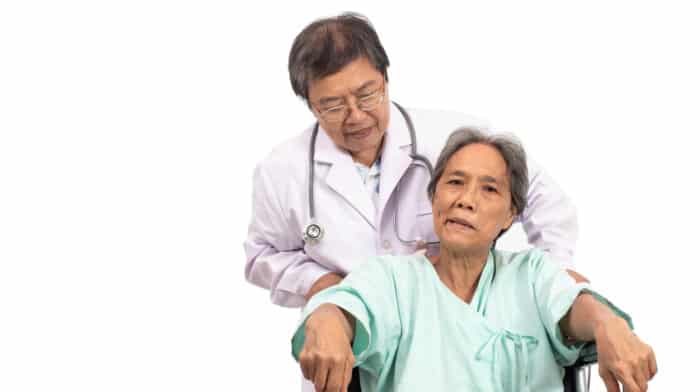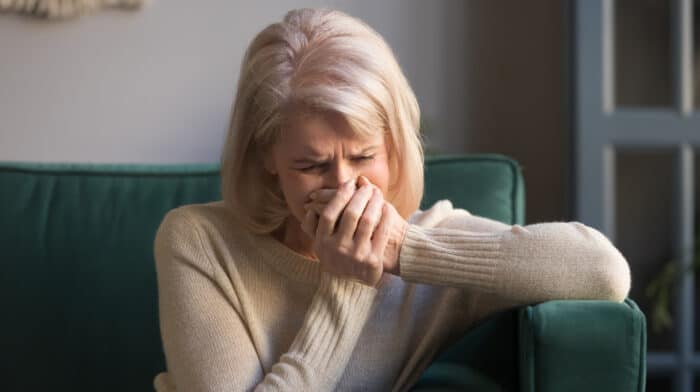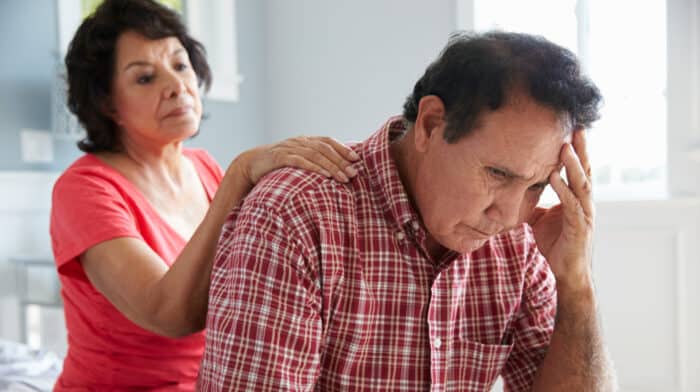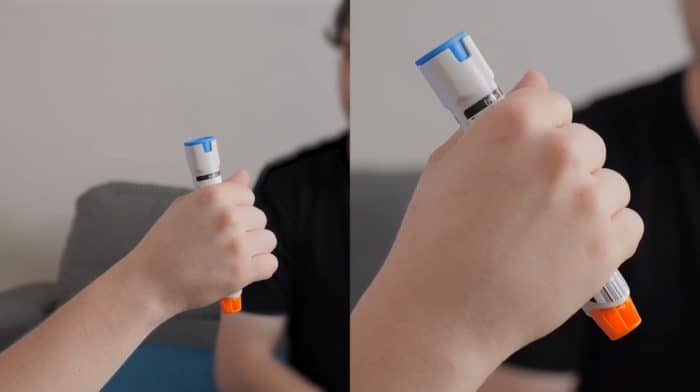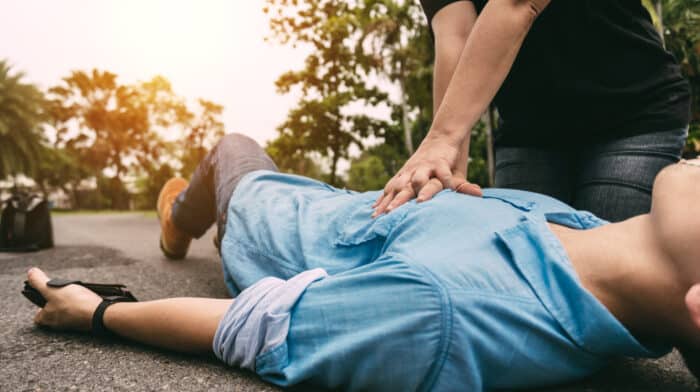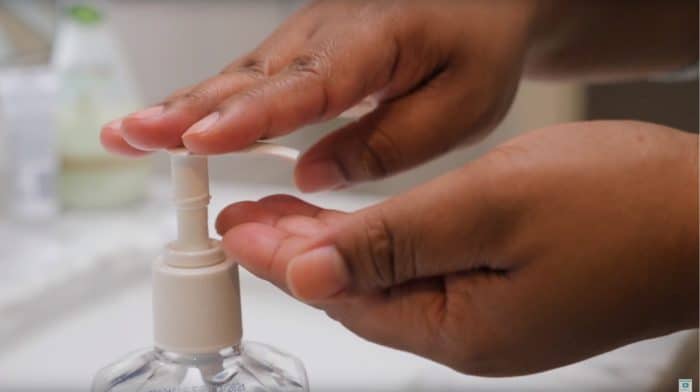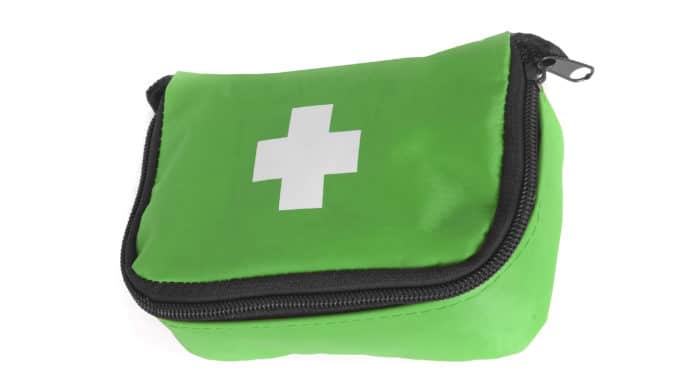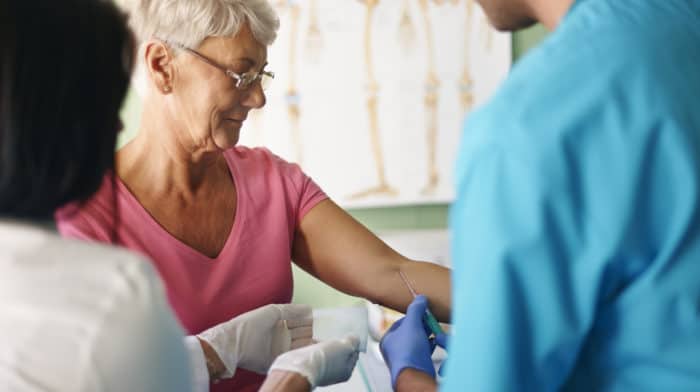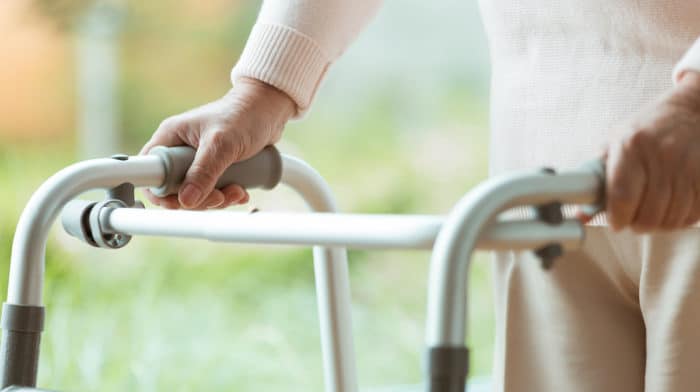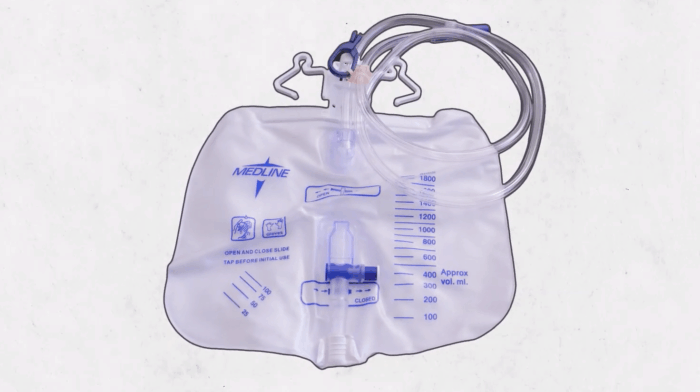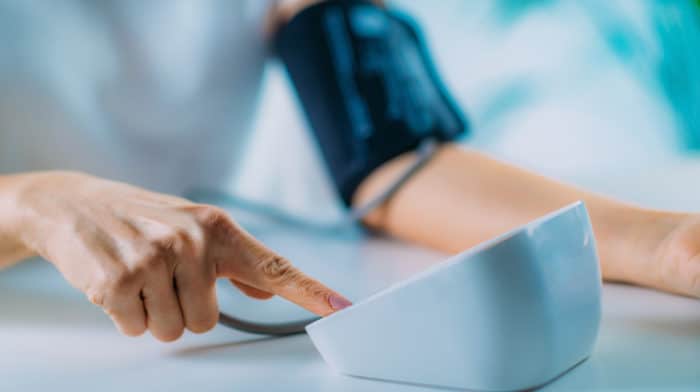Resource Library
Search:
Will and Power of Attorney
As a caregiver, it is important that you have a will. The person you are providing care for should have a will as well. Anyone with dependents or assets should have a will. The risk of not having a will is that one’s wishes may not be respected in the event they cannot speak for themselves.
Dos and Don’ts for Preventing Infection
As a caregiver, if you are looking after someone with a weakened immune system or she or he is identified as being in a high-risk group, here are some Dos and Don’ts to help prevent infection.
Definitions During Pandemic Times
This careguide outlines the definitions for the following pandemic-related terms: Self-Monitor Self-Isolate Isolate Social Distancing
How to Prevent a Stroke
A stroke occurs when blood is blocked from reaching the brain. This is usually caused by a clot in the blood vessel or it bursts (or ruptures.)
Grieving Strategies
Grief is a natural response to losing someone. Understand that you can and will adapt to this loss and survive. Humans are resilient and can cope and adapt.
Normal Aging vs. Possible Dementia
As we age, it’s normal to forget where we put our car keys or why we went upstairs but how do we know what is normal and what are signs of early dementia?
Overcoming Worry Exercise
Did you know? Worry is not good for the body — caregivers are 5x more likely to get sick than non-caregivers. Worrying about something beyond your control causes unnecessary stress to you and makes it harder to cope.
Transition from Hospital to Home Checklist
Having the answers to these questions will help both you and the person you are caring for in the transition from Hospital to Home. It may be helpful to bring a note book so you can jot down the answers.
Self-Isolation for Caregivers
As a caregiver, you (or the person you are caring for) may be called upon to self-isolate (especially in times of pandemic.) For example, if you travelled outside of Canada or were exposed to a person who was infected.
How To Use a Communication Board
When people are hard of hearing, sometimes it’s easier to use a Communication Board. An example is shown below & the full size copy is on the next page. Feel free to print & use ours or create your own!
Good Mental Health Tips
GET OUTSIDE! Get active! When you move and exercise, it releases those “feel good” endorphins into your body. Try running, biking, dancing, or yoga. CONNECT Call up friends to chat, meet someone for coffee or a meal, or reconnect with someone you haven’t seen in a long time. Join some clubs like a book club, or sign up for a gym class. Spend time with the people you love.
How to Use an Epi Pen
Remember: “Blue to the sky, Orange to the Thigh”
CPR (Cardio Pulmonary Resuscitation)
We encourage you to get formal CPR training. Choose an organization with a known name for example, Red Cross, St John’s or another reputable source. Ask your health care professional or friends for recommendations.
Yoga for Diabetes
Yoga can improve strength, flexibility and balance, it can also help maintain your blood sugar level. The two most popular yoga styles that you can explore for diabetes are Vinyasa yoga or Bikram yoga.
How to Wash Your Hands
SOAP & WATER Lather up using soap and water. PALM TO PALM Wash your hands palm to palm. BACKS OF HANDS Wash the backs of your hands. IN BETWEEN FINGERS Wash interlacing your fingers. WRISTS Wash your wrists too. FINGERTIPS Wash your fingertips on the palm of the other hand. THUMBS Wash your thumbs. FINGERNAILS Wash the backs of your fingers with a twisting motion.
Caring for Someone With Ostomy
An ostomy occurs when you seriously can’t go to the bathroom & the Dr. has to surgically bypass your normal route & create a new place for the waste to come out of the body.
15 Ways to Reduce Stress
Stress and anxiety are common experiences for most people. Learn 15 ways to reduce stress.
10 Tips to Avoid Burn Out
Follow these 10 Tips to Avoid Caregiver Burnout.
Cannabis CareGuide
Medical cannabis is a popular treatment for a variety of issues. Interested in learning more? This guide can help you start a conversation with your healthcare provider.
Emergency Home Preparedness Checklist
Follow this checklist to create a plan to prepare for a potential home emergency such as a flood or medical issue.
Proper Disposal of Home Health Care Waste
Follow these tips to make sure you're properly disposing of medical waste like colostomy bags & catheters.
Handling Needles & How to Relieve Anxiety Around Needles
Learn how to safely handle needles and how to calm the person in your care as they receive a needle.
Falls Prevention Checklist
Follow this helpful checklist both inside and outside the home to help prevent dangerous falls.
Guide to Maintaining a Catheter
Find tips on how to make sure a catheter is working correctly for the person in your care.
Nutrition and Diet Tips for High Blood Pressure
Learn the basics of a high blood pressure diet. These tips can help the person you care for successfully manage their condition.
How to Improve Communication in Caregiver Relationships
Reduce misunderstanding and learn how to improve your communication with the person who is in your care.
Proper Disposal of Sharps
Learn the proper way to dispose of sharps like needles, injection pens, and syringes so that you (and others) don't get hurt.
